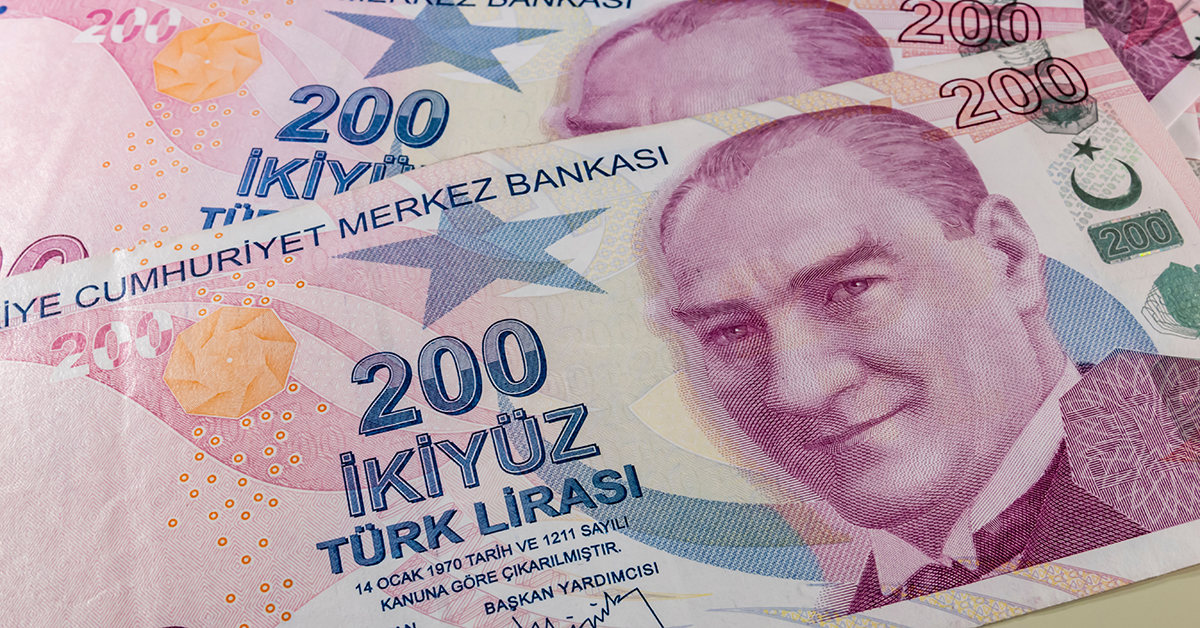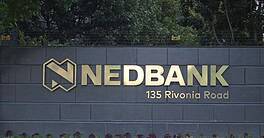BBVA moves in as foreign investors flee.

It isn’t often that a bank makes a significant acquisition in a country where the local currency collapsed 50% over the past year, inflation runs at more than 20% and analysts deride domestic economic policy as “crazy.”
Banco Bilbao Vizcaya Argentaria (BBVA) is doing just that in Turkey. In mid-November, Spain’s second-largest bank announced a €2.25 billion ($2.54 billion) bid to buy the 50% of Turkey’s largest lender, Garanti, that it did not already own. The deal is slated to close sometime this quarter.
BBVA has a long history with Garanti, which holds 20% of the Turkish market. The Spanish bank first bought a quarter stake in the Turkish institution in 2011. It followed that with another 15% purchase three years later, and another 10% purchase three years after that. BBVA has controlled Garanti’s board since 2015. With its latest purchase, BBVA will have complete control over the bank, and will be able to add the Turkish bank’s capital base into its capital ratios.
Turkey, however, presents a challenging and unpredictable macroeconomic environment. The country is on its fourth central bank governor in less than three years. Turkish President Recep Tayyip Erdogan, who has called interest rates “the devil,” contends that cutting rates will reduce inflation. In December, the central bank cut interest rates for the fourth month in a row, sparking yet another run on the lira.
BBVA is buying the stake at a rock-bottom price-to-earnings (P/E) valuation of less than four. The Spanish bank is flush with cash after selling assets in the US, and has a reported a P/E ratio of 20 on it $11.6 billion market cap. And thanks to the lira’s depreciation, the price the bank plans to pay for the 50% outstanding stake in Garanti is only slightly more than what it paid for its 15% stake in 2015.
Meanwhile, other major foreign investors are fleeing Turkey. Just days before BBVA’s announcement, Italian banking giant UniCredit announced its intention to exit the Turkish market by March 2022. New foreign direct investment in Turkey is close to a two-decade low. But BBVA sees opportunity where others see peril.



